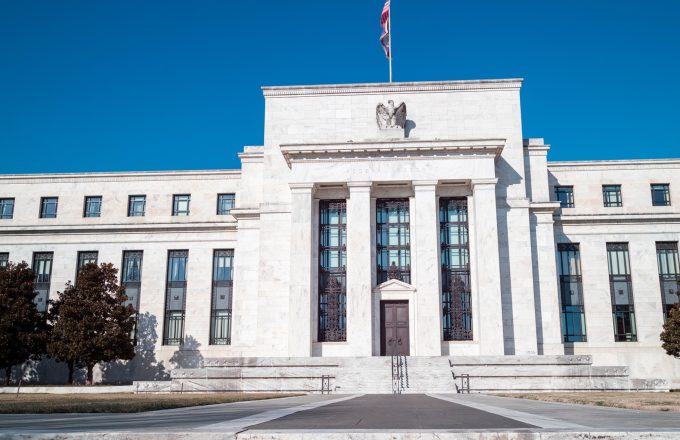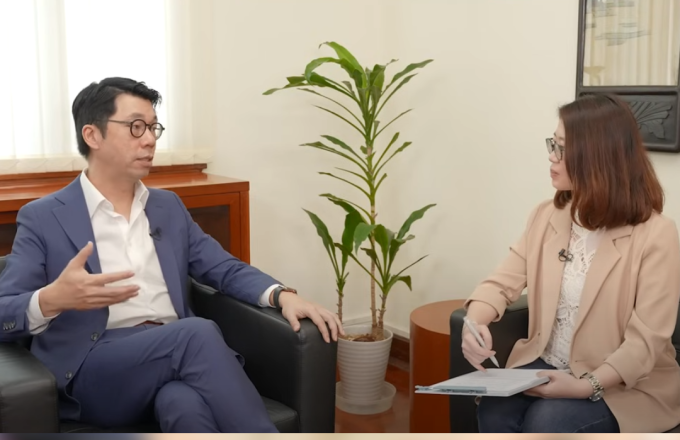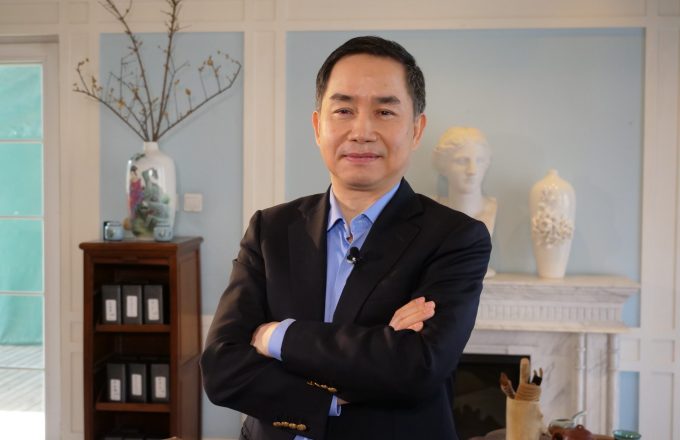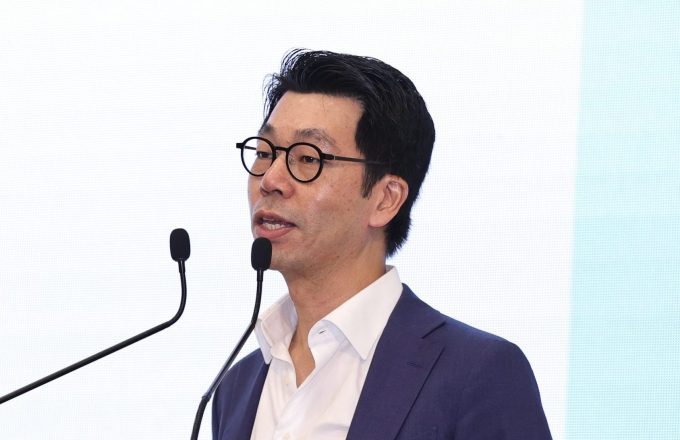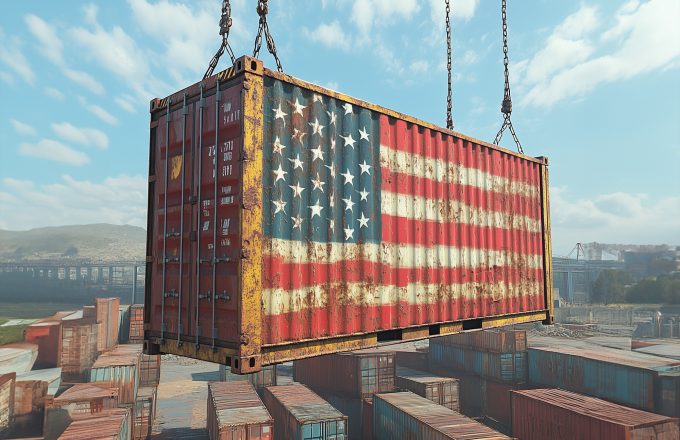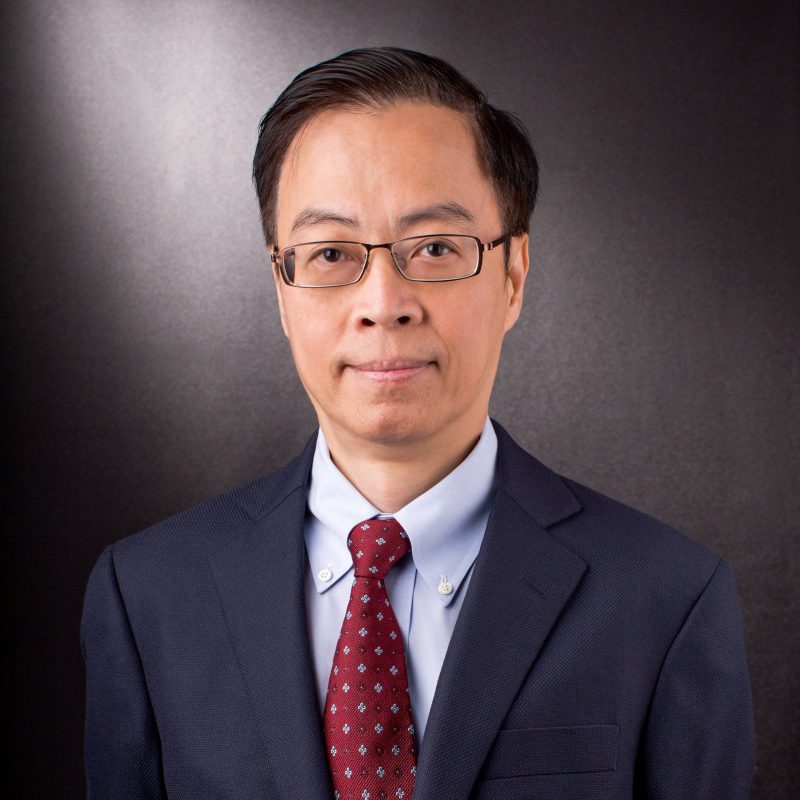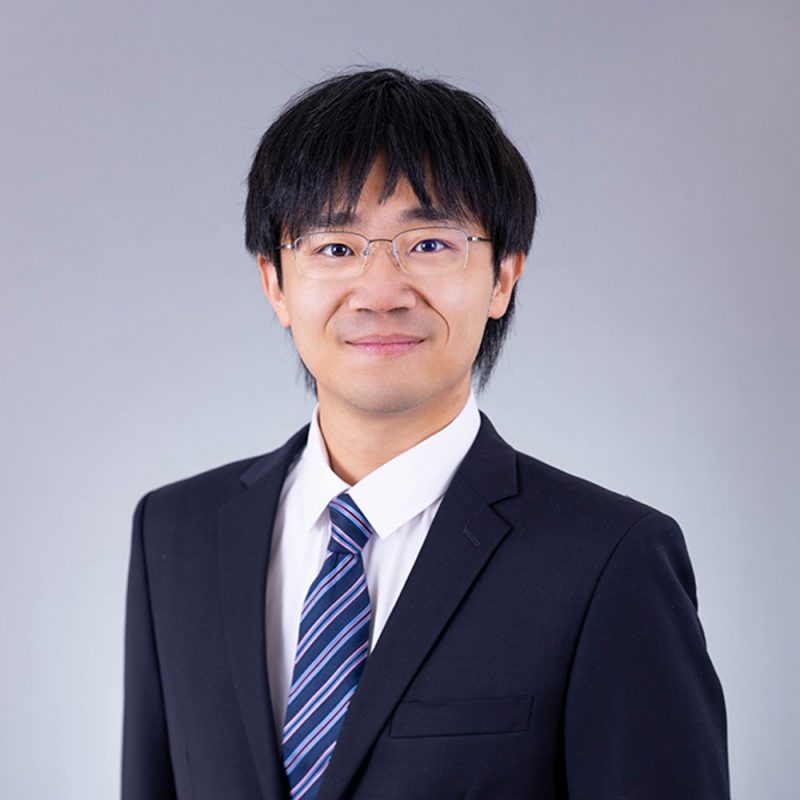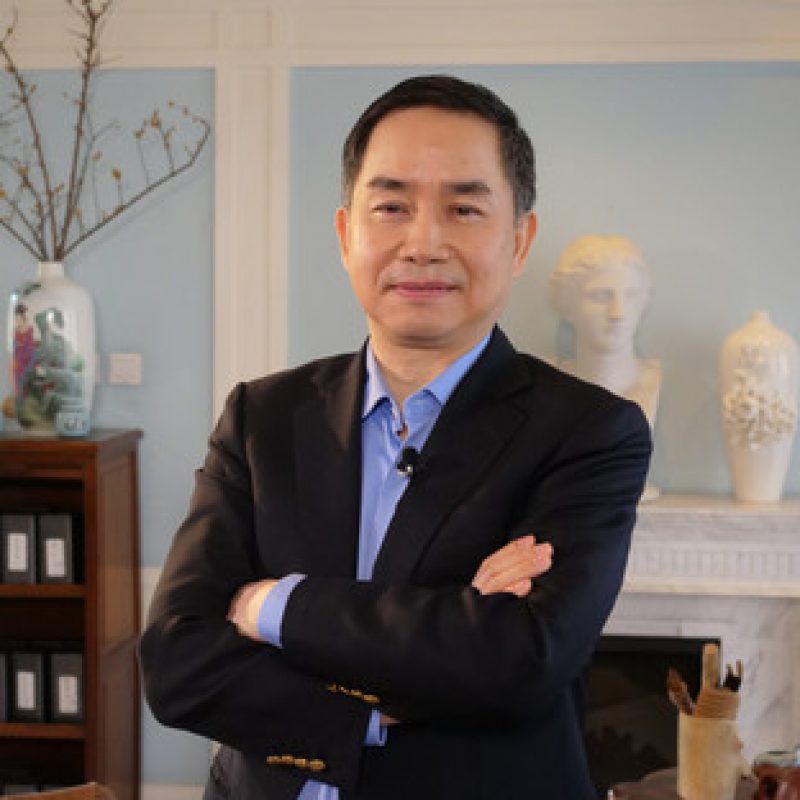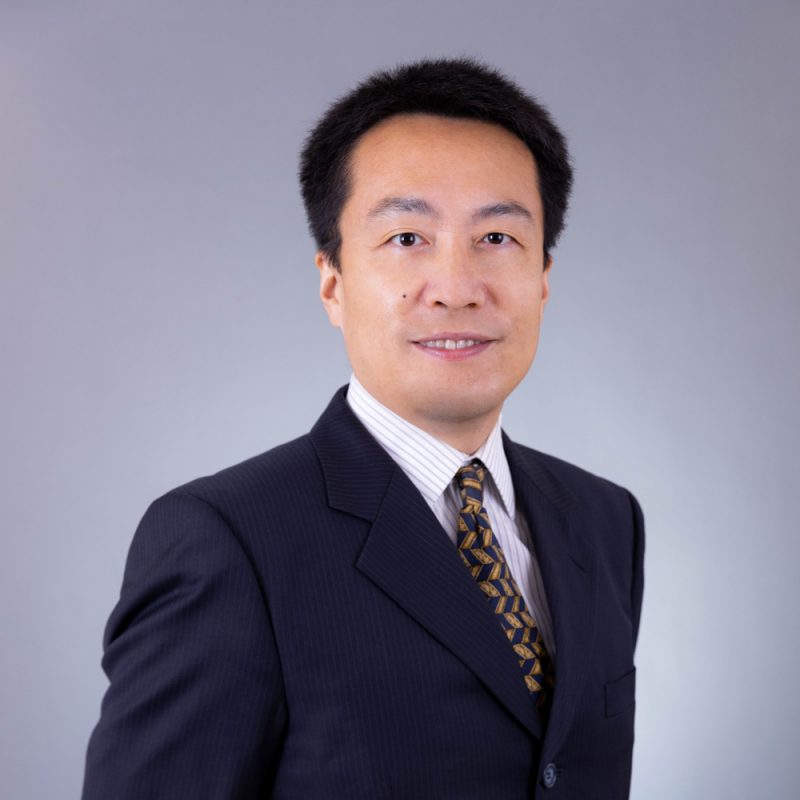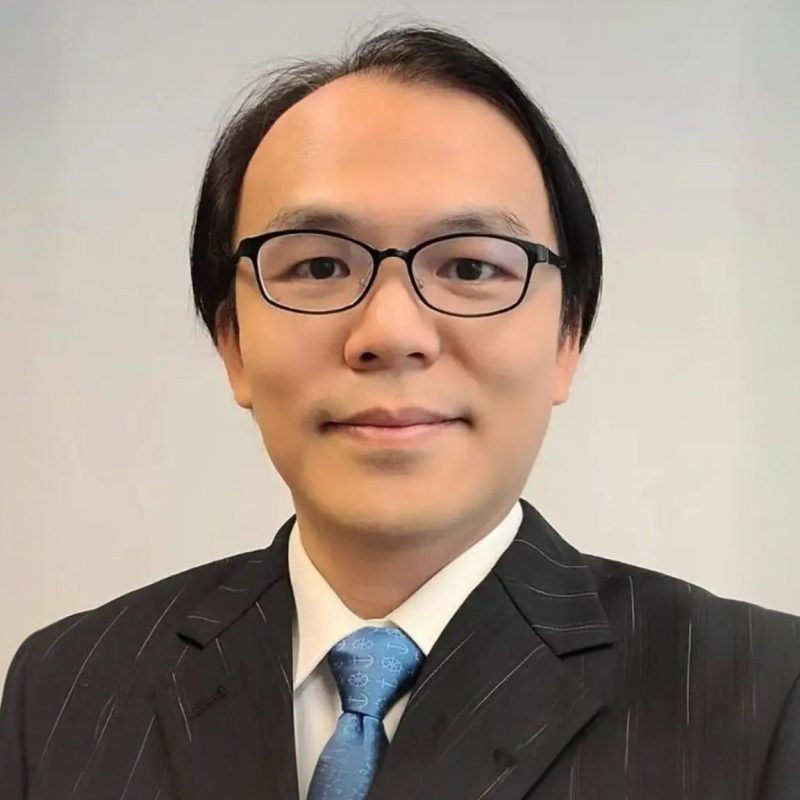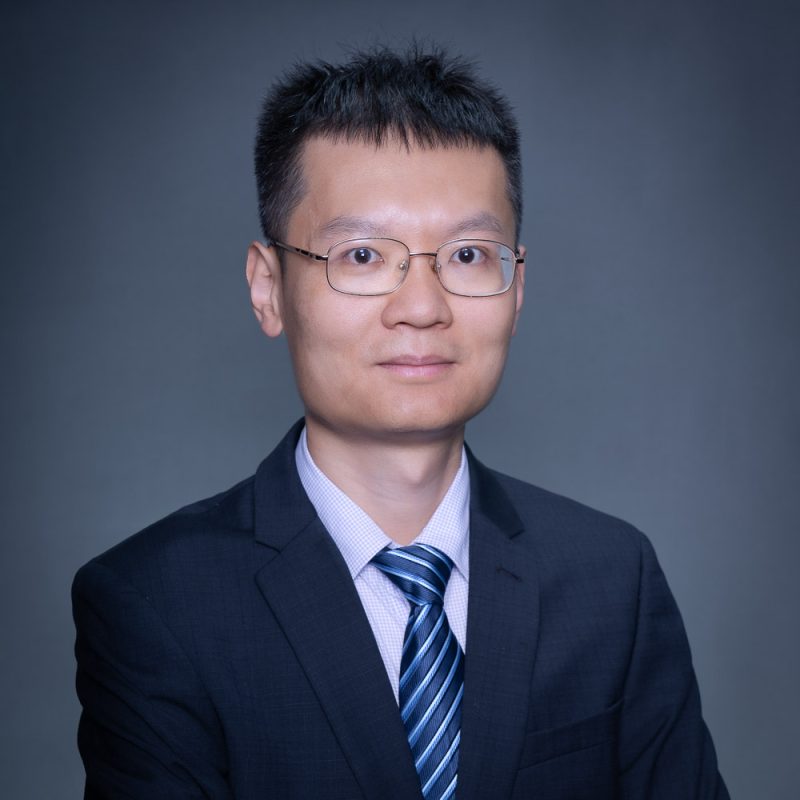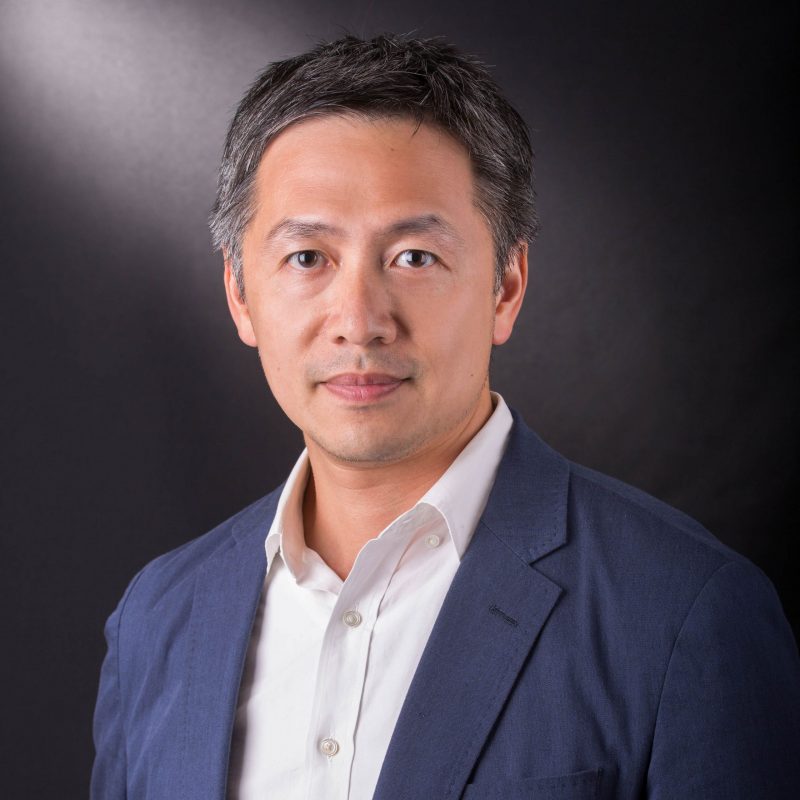With Trump’s recent victory in the U.S. presidential election, the new administration is set to appoint a fresh slate of department heads. However, the position of Federal Reserve Chair Jerome Powell will remain unchanged. Despite being Trump’s nominee, Powell has often found himself at odds with the President, particularly over interest rate hikes, which Trump has publicly criticized.
20 Nov 2024
Faculty
With Donald Trump returning to the White House, US-China relations are set to grow more tense. Prof. Heiwai Tang, Associate Dean of HKU Business School and Director of the Asia Global Institute, noted in a HKEJ interview that Trump’s hawkish cabinet may escalate pressure on China in trade, technology, and geopolitics. China must strengthen alliances and boost domestic demand, while Hong Kong needs to uphold its role as a “bridge between East and West.”
A Global Shift: “One Globe, Two Systems”
Prof. Tang highlighted that the world is entering the “One Globe, Two Systems” era, where the US-led technological ecosystem competes with China’s independent system. Trump’s policies may accelerate decoupling in AI and semiconductors. China must bolster self-reliance, restructure supply chains, and deepen ties with Europe and ASEAN, while Trump’s isolationist stance may weaken US alliances, offering China new opportunities.
14 Nov 2024
Faculty
Digital platforms help lesser-known cultural workers find their audience by reducing consumers' search costs, allowing products that struggle in traditional markets to enter at lower costs, thereby fostering a more diverse marketplace. However, as traffic becomes increasingly important, operations of digital platforms are becoming more biased. In China's digital arts and entertainment market, the platform's promotion and manipulation can dictate a creative work's success and may even hinder innovation.
14 Nov 2024
Faculty
Today, in the face of complex environmental, social, and governance challenges, ESG has become a central focus for businesses. In the past, businesses often improved their ESG ratings by following the criteria of various rating agencies. However, with around 600 ESG rating agencies worldwide, each with its own standards, rating inconsistencies are common. This means that even with significant efforts in ESG, companies may still receive varying ratings.
13 Nov 2024
Faculty
Chen Zhiwu, chair professor of finance at the University of Hong Kong, said the Hong Kong economy would inevitably be hurt as the US was likely to raise tariffs on Chinese goods and toughen policies on technology transfers and tech investments in China. But he said he also expected the new tariffs to be capped at 60 per cent. The former Yale University professor pointed to one of Trump’s biggest supporters, tech billionaire Elon Musk, as a possible taming force in policymaking related to China during Trump’s second term.
He also anticipated more aggressive stimulus efforts from Beijing to counter the greater geopolitical uncertainty. “Thus, on balance, this US election outcome may actually be good for Hong Kong, at least to the extent that it makes the leadership in Beijing reprioritise economic development over politics,” Chen said.
12 Nov 2024
Faculty
In a recent interview with Radio Television Hong Kong (RTHK), Prof. Heiwai Tang, Associate Dean of HKU Business School and Director of Asia Global Institute, provided an in-depth analysis of the implications of Donald Trump winning the US presidential election. He mentioned that Trump advocates for an "America First" policy, and the implementation of high tariffs and trade wars could disrupt global supply chains. However, this might benefit financial markets, as Trump is likely to use monetary policy, particularly interest rate cuts, to stimulate economic growth. Prof. Tang emphasised that while tariffs will undoubtedly impact Chinese exports, the effects may not be as severe as anticipated. He highlighted the conflict Trump faces between inflationary pressures and the desire to lower interest rates. He believes that while Trump will certainly impose tariffs on China, they are unlikely to reach the 60% level he suggests. Furthermore, he indicated that Trump may hesitate to implement a 10% tariff on allies in the short term. Regarding US-China relations, Professor Tang predicts that complete decoupling is unlikely because the US will continue to purchase non-sensitive items from China. He also suggested that Trump's policies could have a mildly positive effect on the global economy and could potentially aid Hong Kong in reclaiming its status as a financial hub.
8 Nov 2024
Faculty
In the highly anticipated US presidential election, regardless of the outcome, the elected candidate will significantly impact the international political and economic landscape. Trump's foreign economic policy during his first term has already become apparent, with a strong focus on using tariffs as a negotiation tool. If re-elected, he intends to impose tariffs of up to 60% to 100% on Chinese products and 10% to 20% on goods from other countries.
6 Nov 2024
Faculty
E-commerce sales in Hong Kong currently represent only 8% of total retail sales, significantly lower than in markets like mainland China, the UK, and South Korea. This suggests substantial growth potential for e-commerce and digital trade in the region. The city should seize future trade trends and focus on digitizing trade by achieving three KPIs: the realization of paperless trade, the development of cross-border e-commerce, and the advancement of digital services trade.
30 Oct 2024
Faculty
Environmental, Social, and Governance (ESG) investing is rapidly gaining traction in global financial markets, aiming to integrate environmental protection and social responsibility into investment decisions to promote sustainable development. Despite its wide support, ESG investing faces criticism, particularly in the United States, where some state governments and the energy sector express concerns about its potential negative impact on the economy and business competitiveness.
23 Oct 2024
Faculty






